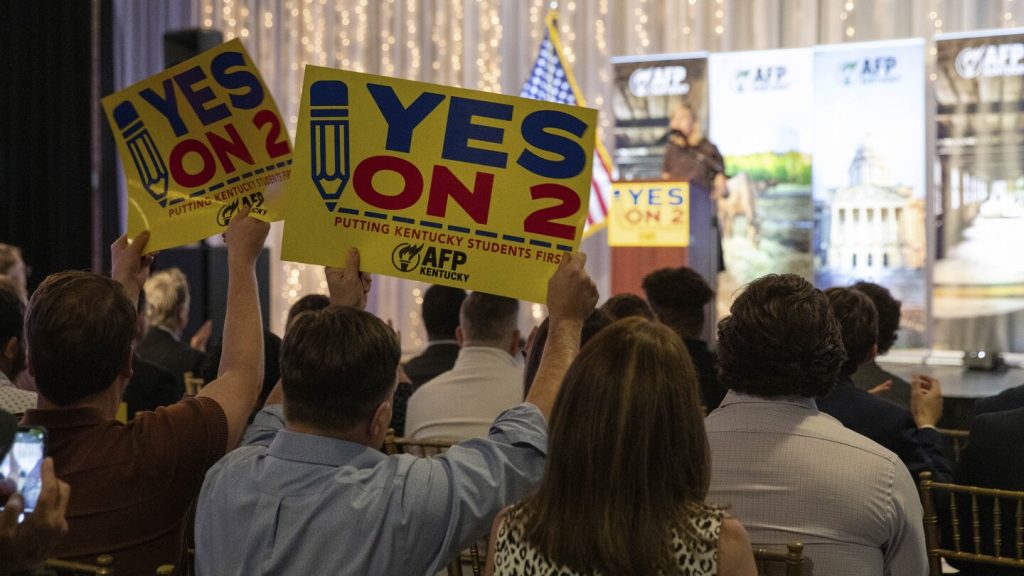The election of Donald Trump has brought new optimism to advocates of school choice at the federal level, especially with a Republican-controlled Senate and potentially House that may be more supportive of proposals that previously failed during his first term. One of the main priorities for these advocates is tax credits for donations to organizations that provide private school scholarships. Private school choice includes various ways of using taxpayer money to support education outside of traditional public schools, such as vouchers, education savings accounts, and tax-credit scholarships. Universal private school choice, which gives this option to all families regardless of income, has gained popularity in recent years and is now established in a dozen states.
However, the concept of school choice has faced pushback from groups like teachers unions and some conservatives in states with large rural communities, who question the merits of these programs, particularly in areas where public school districts are the largest employer. In recent elections, voters in Kentucky rejected a measure to enable public funding for private school attendance, and Nebraska voted to partially repeal a law that uses taxpayer money to subsidize private education. Concerns about diverting money from public education have gained traction in these states, with Democratic Governor Andy Beshear emphasizing the importance of supporting public schools with taxpayer money.
Despite Trump’s advocacy for school choice during his campaign, his administration struggled to implement significant initiatives in this area during his first term. With the possibility of a more favorable Congress in his second term, initiatives like providing tax credits for scholarship donations could have a better chance of success. Republican Senator Bill Cassidy and House Speaker Mike Johnson have expressed support for maximizing school choice for parents. Some conservatives argue that leaving the issue to states could be beneficial, as they fear a return to the political dynamics of Trump’s first term, which marginalized reform-oriented Democrats in blue states.
In various races around the country, there have been mixed results on the issue of school choice. While victories for school board candidates in Los Angeles and Chicago were in favor of traditional public education over alternatives like charters, pro-voucher legislators endorsed by Republican Governor Greg Abbott in Texas won their races. Abbott sought to unseat GOP legislators who had voted against a plan to subsidize private school tuition with public money. The newly elected candidates could provide Abbott the necessary votes to pass voucher legislation in Texas. Overall, the landscape for school choice initiatives in the United States is complex and continues to evolve, with differing views and outcomes in different states.


